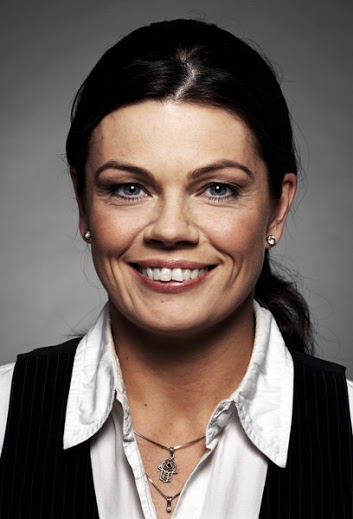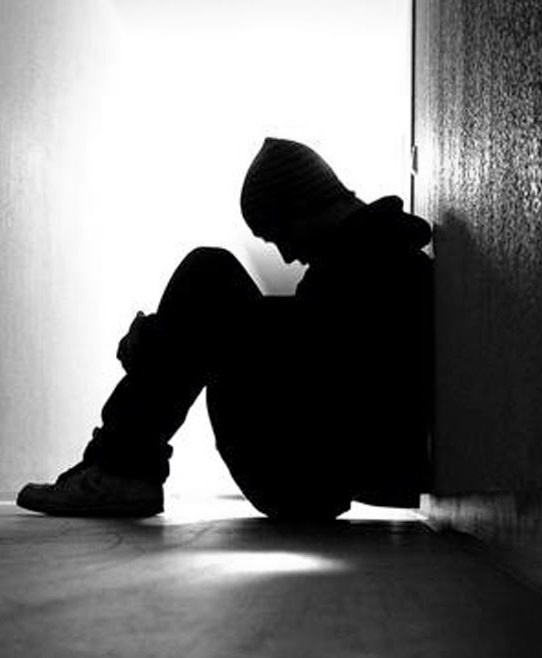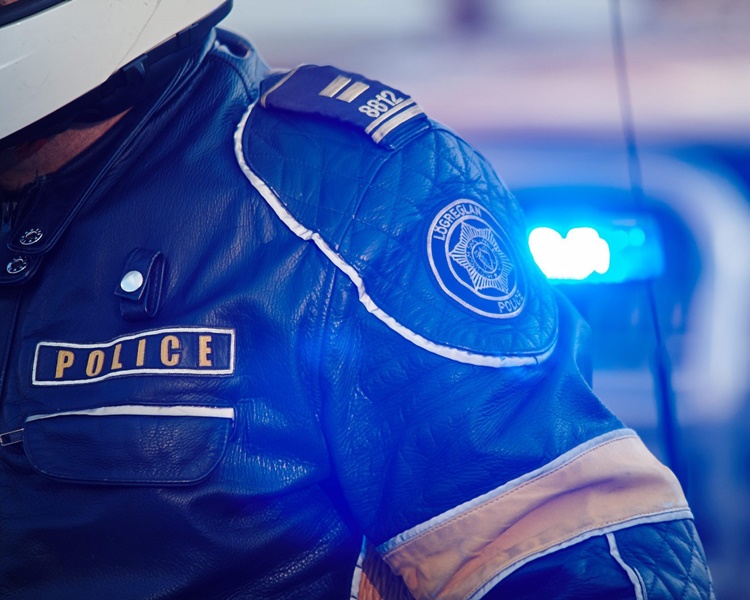In January this year the Icelandic police launched a development project with the special aim of looking into hate crimes in Iceland. Eyrún Eyþórsdóttir, who is leading the project, says the increase in hate speech and hate crimes is really worrying and that the police fears that as queer people and immigrants become more visible in Icelandic society hate crimes will increase.
When the project started in January there were nine cases of hate crimes being investigated by the police, two more were being investigated by other establishments and will be sent to the police when that is finished. In these six months five more cases have come up and are being investigated but charges have been made in only one case. Eyrún says that this increase in cases being investigated does not necessarily mean that hate crimes have increased, some of it is the result of a different approach by the police.

“Both here and elsewhere in Europe the police are looking at more crimes in the light of hate crimes and that partly explains why there are so many more cases,” she says. “We can also see that since the project was launched in January people are now more aware of what we are doing and therefore we get more tips about possible hate crime or hate speech. Also, the policemen working the cases are better prepared to look into the hate crime aspect. We have to realize that the better we connect to minority groups the better they trust us and are less afraid to report such crimes. Following closer connections of the police to minority groups the reports of hate crimes will increase.”
The reason this project was launched was that before that the police didn’t investigate the hate aspect of crimes especially, what have you learned in these six months?
“We have learned a lot and I expect this project will develop for quite some time. Now we understand better the importance of connecting to minority groups in order to convince them that we are really investigating these cases thoroughly. Investigations in Iceland show that many immigrants experience prejudices on a day-to-day basis. But we need more scientific investigations which can be really helpful for the police. Connecting to minority groups takes a lot of time and we don‘t think of this project as something that will be finished in months, we are talking about a much longer time period.”
Do you feel that hate speech, for example in social media, is getting more obvious and more vicious?
“Yes, I see a big change in that. Hate speech is being normalized and that‘s really worrying. Lots of people don‘t seem to practice common courtesy and respect in conversations on the Internet. That is happening all over the western world and we are no exception. Many people are worried about increased Islamophobia in Iceland and we witness horrible speech against Muslims on social media.”
“Hate speech is being normalized and that‘s really worrying… That is happening all over the western world and we are no exception.”
Asked if she has any thoughts about the reason for this growing trend of hate speech Eyrún says that she does not have any concrete answers to that question. “The Internet, with all it‘s good qualities, seems to bring out this kind of communication. Before that came about people talked like that in closed groups but now it‘s out in the open. I often point out the social, political and historical context when people are discussing prejudice and hate against certain groups in society.

Many people have a hard time accepting changes and also accepting the increased knowledge about different things. But looking at history I‘m not sure that crimes against minority groups are on the rise. I think we mostly deal with them differently and the human rights laws make many things, that formerly were almost excepted, a crime. We have to remember that it was only after the Second World War that international human rights bills were founded.”
Does the police follow certain people or groups on the Internet if they are suspected of hate speech? “The police is not meant to follow people on the Internet but we try to be well-informed and people have also been very eager to bring our attention to Internet discussions that they feel have gone to far – and we investigate all such tips.”
Do you think that hate crimes will increase in Iceland with more visibility for queer people and more immigrants?
“Yes, that‘s what we are afraid of.”
Do you think reports of hate crimes/speech and prosecutions in such cases will increase dramatically in the next years? Or will people not see the point in reporting these crimes as there has only been one prosecution for a hate crime in Iceland?
“I think we have to wait and see how the cases being investigated now will turn out. If they go all the way through the system and end in prosecutions then we can draw a line. I expect that as more people see that the police is really dedicated to solve these cases the more they will report hate crimes. So far we have not made connections to all the minority groups, we have mostly been talking to those who speak Icelandic and Polish. We need to reach out in other languages too.”


